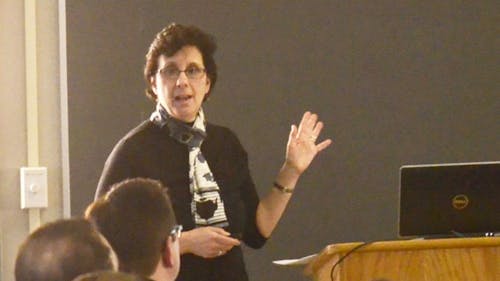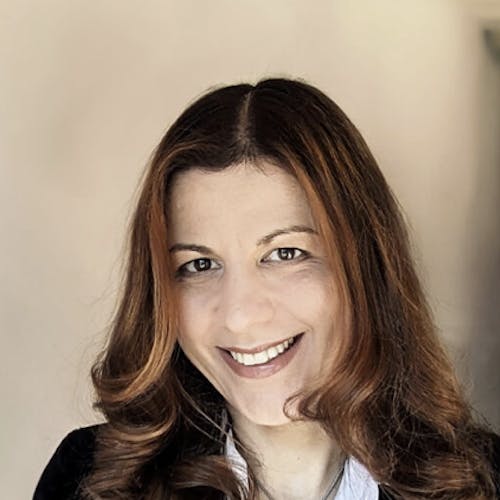Rutgers faculty, students discuss significance of political views in classrooms

Politics and religion are two subjects that often come up in classes conducted by the Department of Political Science, and some question whether professors providing their own opinions on these issues helps students learn.
Jo-Leo Carney-Waterton, a part-time lecturer in the Department of Political Science, said the general consensus is that instructors should remain neutral because stating an opinion could cause students who disagree to remain silent and open professors up to accusations of favoritism.
“I don’t necessarily subscribe to the idea," he said. "My experience has been that when I’m neutral, there typically isn’t any conversation in general, and on top of that, I’ve often found that the students are not conversing because they don’t know the other side."
While he does share his beliefs in the classroom, he mostly plays devil's advocate, so students never know his true views.
Varunraj Baskaran, a School of Arts and Sciences first-year student, believes politically charged discussions provide students with an opportunity to discuss things they normally do not.
"There will be some issues, because some of the topics are sensitive. But overall, I think it’s a good thing that these conversations happen. You have to learn that people, even your teachers, might not agree with what you think,” he said.
Few people understand how often religion and politics converge, Carney-Waterton said. In his classes, the two are discussed relatively often.
Having these discussions is important because most students, especially today, do not have these conversations at all, he said. Because there are so many professors who believe in remaining neutral, students never get a chance to hear the other side of an argument.
"I don’t care for that kind of learning environment," he said. "I want a learning environment where the students feel free to disagree and to agree and know what they’re agreeing or disagreeing with."
He finds that many people, not just students, are more moderate than they initially thought.
Helping students more firmly establish their positions on various issues is another reason why it is important to be having these conversations, he said. Exposure to different arguments allows students to learn from unfamiliar perspectives.
Aparna Seshadri, a School of Arts and Sciences first-year student, said she would hopes college students are mature enough to handle different opinions.
“Because of the nature of the class, you can’t not share your political views as a professor. I don’t think it’s wrong of them to share their political opinions, but a lot of people aren’t okay with difference of opinion," she said. "People might think professors are trying to push their opinions onto them."
Carney-Waterton said he finds it helpful to put a human face to the issues. He said it is one thing to argue a pro-life versus pro-choice position in the abstract, but it is a completely different experience when the professor gives it a personal or meaningful experience.
“For instance, in the issue of affirmative action — I am a beneficiary of affirmative action, and clearly I’m not a person who is dumb or slow or anything of that nature. Being able to speak from a personal perspective enhances the quality of the discourse,” he said.
____
Sanjana Chandrasekharan is a School of Arts and Sciences first-year student majoring in political science. She is a staff writer for The Daily Targum.



